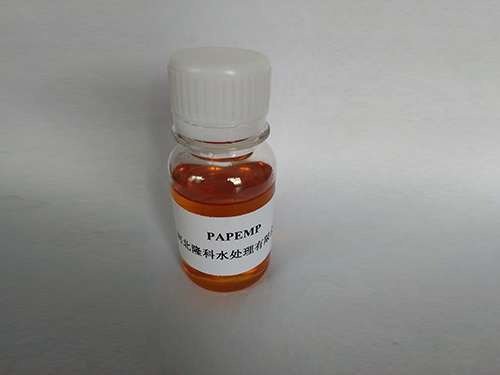flocculant factory
The Importance of Flocculants in Modern Industries
In the realm of modern industry, the importance of flocculants cannot be overstated. These chemical agents have become crucial in processes involving the separation and clarification of liquids, particularly in wastewater treatment and various manufacturing processes. Understanding the role of flocculants, especially from a flocculant factory, can shed light on their applications and significance across different sectors.
What are Flocculants?
Flocculants are chemical substances that promote the clumping together, or flocculation, of particles in a liquid. This process enhances sedimentation, allowing suspended particles to aggregate into a larger mass, which can then be easily removed. Flocculants are commonly used in water treatment plants to facilitate the removal of pollutants, in the paper industry for fiber recovery, and in various mining operations to separate minerals from water. They play a vital role in ensuring that water is clean and safe for consumption and industrial use.
Types of Flocculants
Flocculants can be categorized into different types based on their chemical composition
. The most common types include1. Natural Flocculants Derived from natural sources, such as plant extracts or microbial substances, these flocculants are often biodegradable and non-toxic. Examples include starches, chitosan, and alginates. They are preferred in applications where environmental impact is a concern.
2. Synthetic Flocculants These are man-made polymers, typically more effective than natural flocculants. They can be anionic, cationic, or nonionic, depending on their charge. Polyacrylamide is one of the most widely used synthetic flocculants, particularly in wastewater treatment and mining industries.
3. Inorganic Flocculants Compounds such as aluminum sulfate and ferric chloride fall into this category. They work by neutralizing the charge on suspended particles, allowing them to aggregate and settle.
The Role of Flocculant Factories
flocculant factory

Flocculant factories are critical in the production and distribution of these vital chemical agents. They utilize advanced manufacturing processes to create high-quality flocculants tailored for specific applications. The production process involves careful control of chemical reactions and rigorous quality testing to ensure that the final product meets industry standards.
Flocculant factories play a significant role in the supply chain, providing the necessary materials to water treatment plants, industrial manufacturers, and other entities that rely on these chemicals. By using state-of-the-art technology, these factories can enhance production efficiency and reduce environmental impact. Many modern flocculant factories are integrating sustainable practices, such as recycling waste materials and optimizing energy consumption, to minimize their carbon footprint.
Applications of Flocculants
The applications of flocculants are extensive and varied
- Water Treatment Flocculants are essential in municipal water treatment plants, helping to purify water by removing sediment, organic matter, and pathogens. This is critical for providing safe drinking water to communities.
- Mining In the mining industry, flocculants are used for mineral separation and tailings management. They help in recovering valuable minerals from slurry, reducing waste, and minimizing environmental impact.
- Paper Production Flocculants are used in the paper industry to enhance fiber recovery and improve the quality of the final product. By promoting the aggregation of fibers, they facilitate better drainage and reduce water usage.
Conclusion
The contributions of flocculants to various industries demonstrate their significance in modern processing and environmental management. Flocculant factories are at the forefront of producing these essential chemicals, supporting both industry needs and sustainability. As industries continue to evolve towards greener practices, the demand for efficient and effective flocculants will only increase. Consequently, understanding the chemistry and applications of flocculants will be indispensable for businesses looking to innovate and comply with environmental regulations. The future of flocculants looks bright, promising further advancements in technology and methodology that will continue to enhance their utility across various sectors.
-
Water Treatment with Flocculant Water TreatmentNewsJun.12,2025
-
Polymaleic AnhydrideNewsJun.12,2025
-
Polyaspartic AcidNewsJun.12,2025
-
Enhance Industrial Processes with IsothiazolinonesNewsJun.12,2025
-
Enhance Industrial Processes with PBTCA SolutionsNewsJun.12,2025
-
Dodecyldimethylbenzylammonium Chloride SolutionsNewsJun.12,2025





